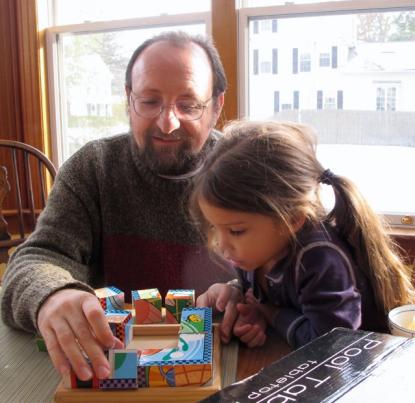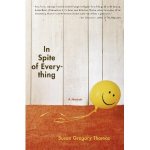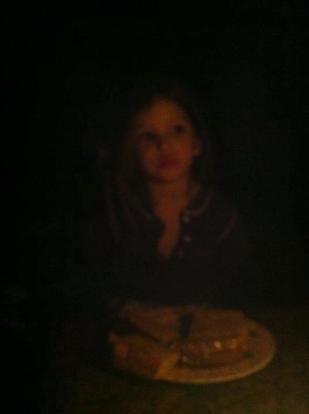
The one thing I did right during the whole Snotober experience was that on Sunday, when we were without power and with a warm enough, cozy, friend-and-family filled downstairs—picture adults, teens, and kids playing games—I went back to bed. I had my trusty, toasty sleeping bag over the blankets, almost but not quite making up for the electric blanket’s absence. And I ticked one off my perennial, evergreen wish list. I lay there for hours, reading a book all the way from near-start to the end.


Susan Gregory Thomas’ In Spite of Everything was the perfect book for me to read that way. Her memoir of divorce—her childhood experience of it, her adult experience of it—read for me like half a conversation. I supplied the other half, even if it was only going on in my mind. While the Gen X landmarks—like music that consoled or style that was aspired to—during her teenage years differed just a bit from my odd cusp of Boomer/Gen X adolescence, so much about the way family dramas played out during her youth was familiar to mine.
Without giving too much away, her parents seemed to function in a stormy cloud and didn’t seem overly concerned their children were getting soaked. And lest you read a bitter child comment here, I do not mean for a moment my parents didn’t care or wanted us to experience the electric storm—they did not—I mean that it was very wet and that they weren’t always equipped with enough umbrellas. That’s just how it was. Certainly, no one handed us cute, little kid-sized ladybug umbrellas for our parents’ divorces. They didn’t make those yet.
As Thomas points out, the children of these storms kind of invented cute, little kid-sized ladybug umbrellas. She ties this besotted-by-kids phenomenon not just to what we’d outfit our kids with—materially and emotionally—but how disproportionately to everything else we spent money to create cocoons—a.k.a. “homey homes” in order to enwrap them and ourselves in something we did not experience or possess, perfect childhoods. She comes to the conclusion (essentially) that however adorable those cute, little kid-sized ladybug umbrellas are they don’t really keep you dry. Also, that remaining perfectly dry isn’t the goal. Loving your kids and being true to yourself is and trusting that if you are working to find both those things, the middle place, that’s a dry enough spot, that’s your “homey home.”
Thomas tells us this not by telling, but by unwrapping this truth, much as she describes having done in her own life. That’s to say, it’s a bit longwinded, a bit convoluted. I totally was there for the conversation, one I needed to have in a marathon session. I imagined myself in the conversation proper, one that I have had with various friends over many years. This conversation, the extended one, in which we unpack our childhoods as we witness our children’s childhoods unfold really does not occur in a single marathon session, of course. In Spite of Everything though, reads the way that it feels—breathy and thoughtful and smart and a tiny bit convoluted, a little discombobulated and even contradictory. And filled with heart. And a bit sad, the kind of sadness that yields some bruised, bittersweet joy.
My dear cousin has this phrase: Life gets lifey. That is how you’d sum up In Spite of Everything in three words. Curious to know what you think of the book, I do have a copy to give away, so comment here and we’ll have a random drawing out of a hat or shoe or winter boot.



